Research brief
Reconciling long-term education policy goals with short-term school accountability models
2019
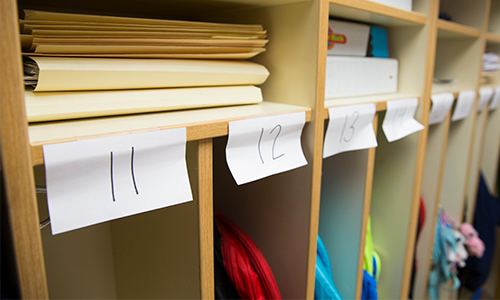
Description
Learn more about the effect of seasonality on estimates of school effectiveness and how ignoring summer loss can impact which schools are identified as low performers.
View research briefRelated Topics


Lessons in resilience: A playbook for recovery from natural disasters
This research brief is a follow-up report to NWEA’s brief examining the impact of extreme weather disruptions to teaching and learning. This report offers practical strategies and recommendations to school districts for preparing for extreme weather events to recover faster and lessen the impact on students and teachers.
By: Megan Kuhfeld, James Soland
Topics: COVID-19 & schools, Growth, Seasonal learning patterns & summer loss
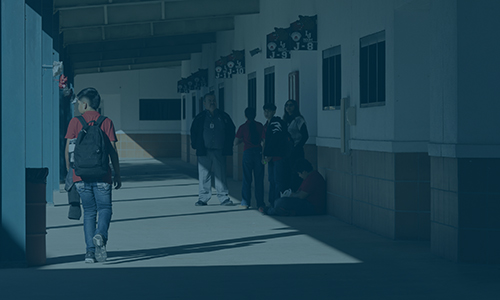

School’s in for Summer: A Scalable and Effective Post-Pandemic Academic Intervention
New research report looks at the effects of post-pandemic summer school on student achievement and district recovery, how program design and implementation aligned with recommended best practices, and how the scale and impact of summer school compared to other interventions, like tutoring.
By: Emily Morton, Dan Goldhaber, Andrew McEachin, Thomas J. Kane
Topics: COVID-19 & schools, Growth, Seasonal learning patterns & summer loss


Technical appendix for “Hot test days, lower math scores: How heat affects student achievement”
This is the technical appendix to “Hot test days, lower math scores: How heat affects student achievement” research report that examines the impact of environmental temperatures on student performance in math and reading, and whether those effects are more extreme for students in high-poverty schools, where cooling conditions may be less reliable.
By: Sofia Postell, Megan Kuhfeld, Susan Kowalski, Jazmin Isaacs
Products: MAP Growth
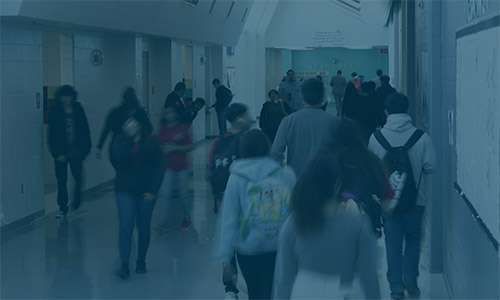

Hot test days, lower math scores: How heat affects student achievement
This NWEA research report examines the impact of environmental temperatures on student performance in math and reading, and whether those effects are more extreme for students in high-poverty schools, where cooling conditions may be less reliable.
By: Sofia Postell, Megan Kuhfeld, Susan Kowalski, Jazmin Isaacs
Products: MAP Growth
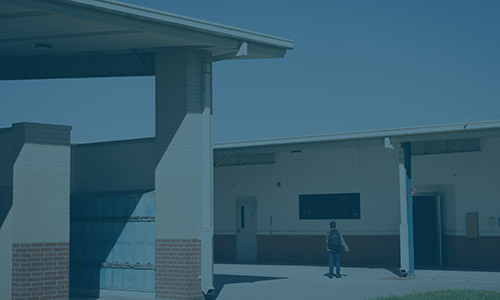

Severe weather events are no longer isolated anomalies. They are becoming a regular part of the school year in communities across the country. This brief highlights how severe weather events can cause deep and lasting disruptions to student learning and well-being, often in ways that far exceed the immediate days schools are closed. It also makes clear that while some communities are disproportionately at risk, no school is immune.
By: Megan Kuhfeld, Jim Soland, Sofia Postell
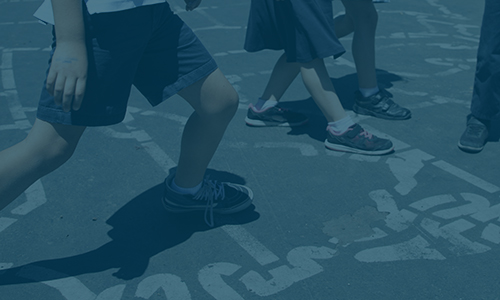

Effective summer programs: Practical guidance for district leaders
This report dives into the research on summer programs, their implementation and design, as well as the efficacy of those programs for literacy, math, and social-emotional learning (SEL) outcomes. It also provides recommendations for district leaders to use as a framework for planning and implementing effective summer programming.
By: Miles Davison, Jazmin Isaacs, Michael Gaddis, PhD, Sofia Postell, Ayesha K. Hashim, Susan Kowalski, Karyn Lewis
Topics: COVID-19 & schools, Growth, Guidance, Seasonal learning patterns & summer loss


Summer learning loss: What we know and what we’re learning
In this blog, Megan Kuhfeld shares background on what we know about summer learning loss, and the significant gaps that remain in our understanding that drive her work to take a fresh – and deeper – look at the phenomenon.
By: Megan Kuhfeld, Andrew McEachin


